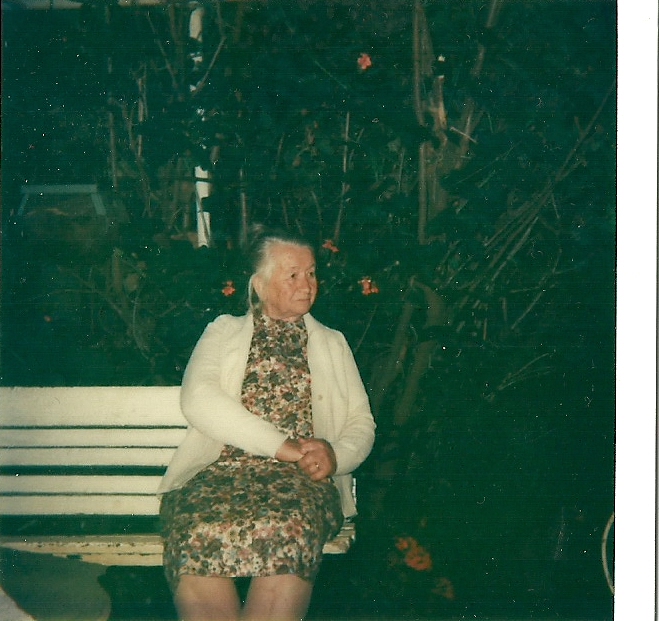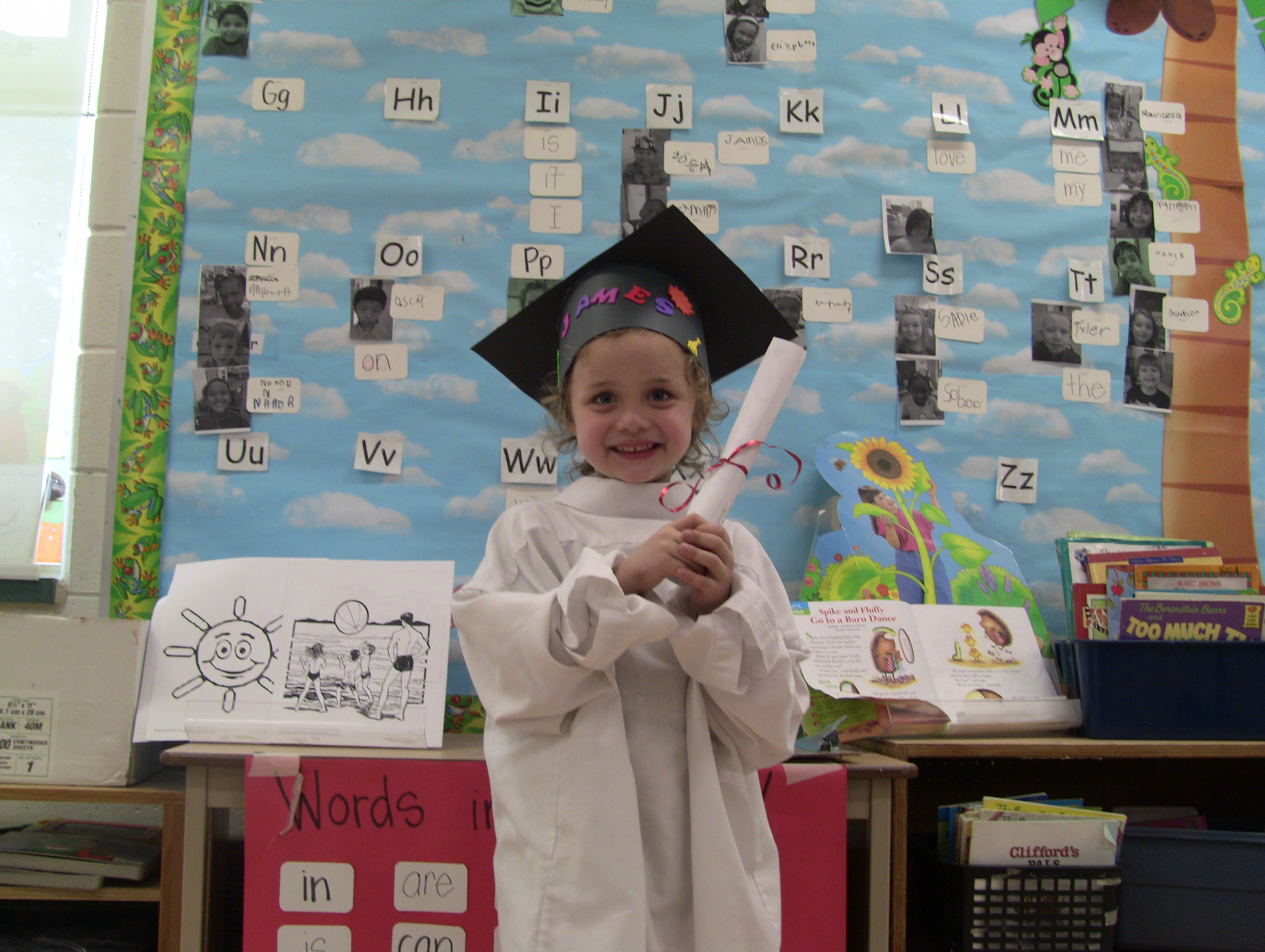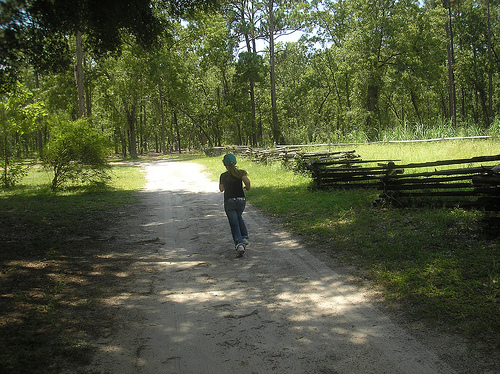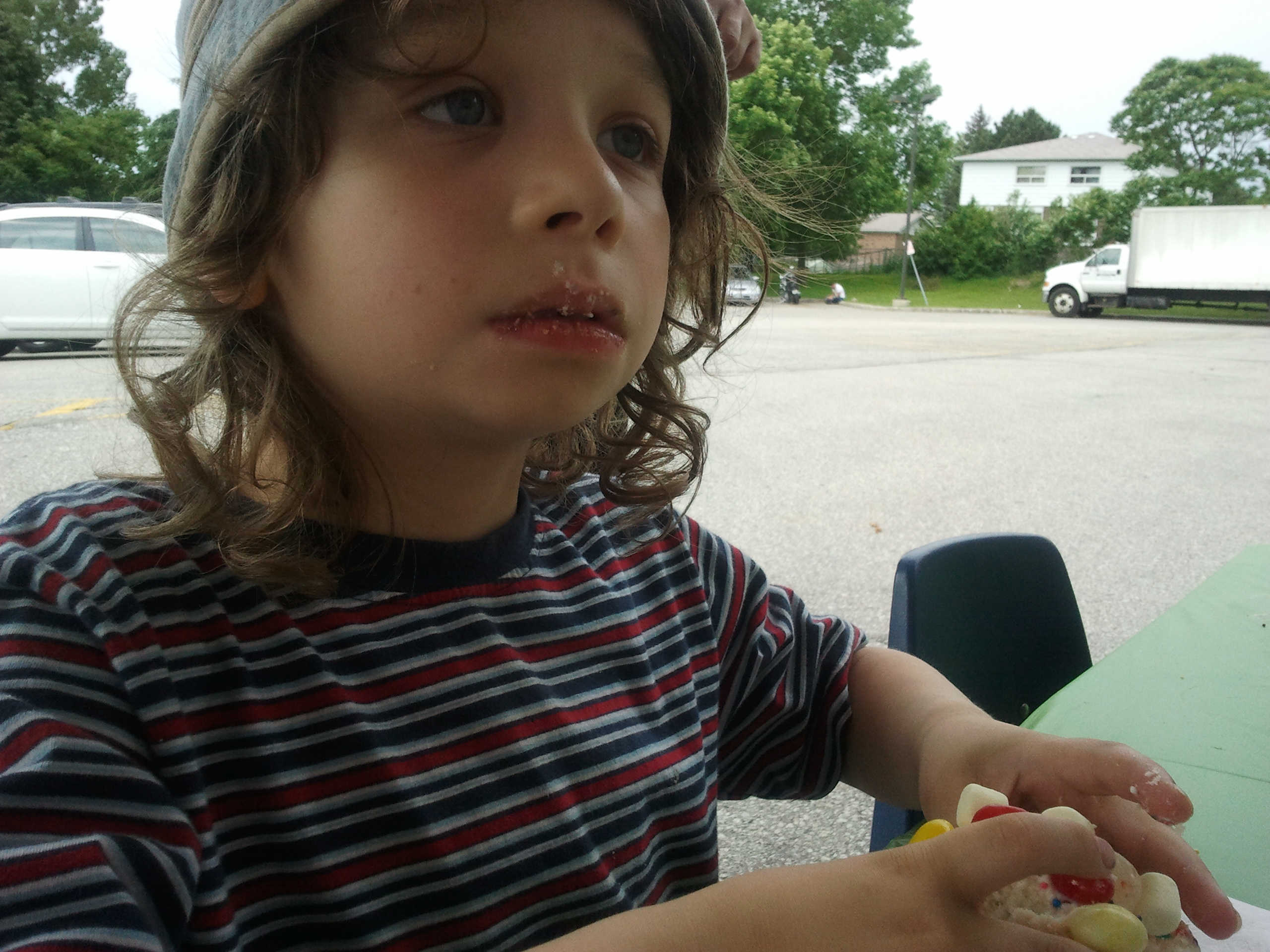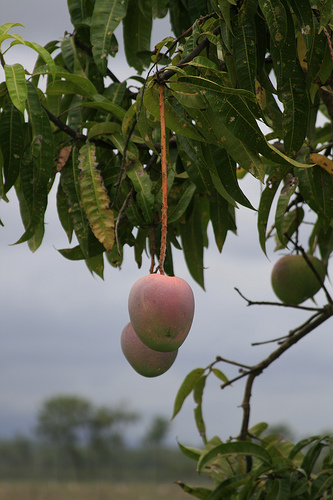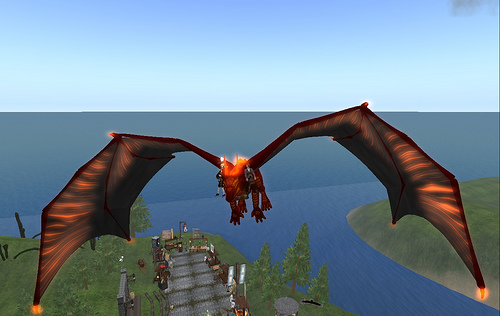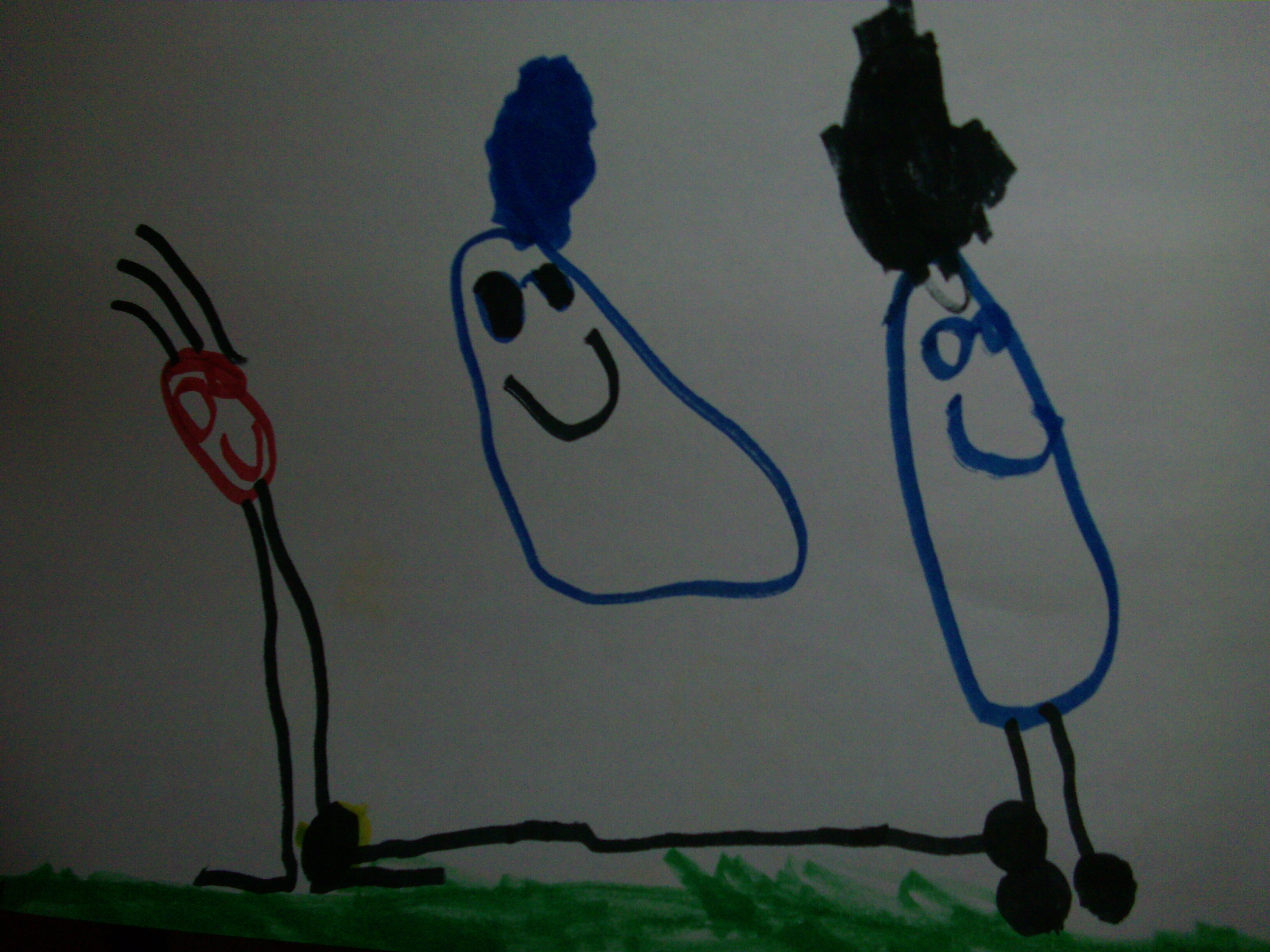This post was a hard one to write, even though the events described happened several years ago. It took me a number of days to get this all down, and it has taken another few days to actually decide whether or not to publish it. My hope in publishing this is that it will make a difference to somebody. Maybe you’re a new mom who is going through post-partum depression. Or perhaps you know a new mom who seems to be retreating into herself. If your life is touched in any way by post-partum depression, know that there are things that can be done. Talk to your friends and family, seek help from medical professionals. And whatever you do, don’t lose hope.
My younger son James was born at a tumultuous time in my life. I had lost my dad to cancer a year previously, and me and my husband were going through some challenging times in our life together. At around that time, we were also starting to realize that there was something wrong with George and we had started to experience the frustration of wrangling a referral out of our family doctor.
I sometimes wonder, when I look back, whether all of these factors led to the post-partum depression I went through. Or perhaps it would have happened anyway. This is an illness that can strike the most unlikely of victims.
I knew within a couple of days after giving birth that the utter bleakness I was feeling was more than a case of “baby blues”. What I had experienced with George two years previously – the mild sadness, the anxiety, the tendency to be emotionally weird – that was baby blues. What I was going through now was completely different.
On New Years Eve that year, when James was six days old, I was sitting in front of the TV nursing my newborn while I watched CNN coverage of festivities around the world. At about five to midnight, Gerard brought me a cup of tea, and as he set it down beside me, he asked in surprise, “Why are you crying?”
I was just as surprised as he was. I had not even noticed the floods of tears rolling silently down my cheeks.
Even though I was filled with this feeling of terrifying – emptiness – I did not initially label what I was experiencing with any name. The first time I thought of the term post-partum depression in relation to myself, James was about two months old. A replay of an old Oprah episode was on – the episode where Tom Cruise spouted forth about how there was no such thing as post-partum depression, and how all new moms could solve all of their problems by eating right and exercising.
What an idiot, I remember thinking. This thought was followed by the sudden light-bulb moment in which I realized that I was suffering from post-partum depression.
There was a good news and a bad news aspect to this discovery.
The good news was that I now had a name for what I was going through. I had something to Google, and sure enough, on every checklist I found, I was able to put checkmarks beside all but one or two of the signs and symptoms. I had a basis for research, and I felt some validation that I wasn’t simply going mad.
The bad news was that I too far down the path of post-partum depression to be able to actually do anything about it. Talking to someone – my doctor, my friends, or even my husband – would have taken energy. And that was something that I had in very short supply. Just getting through the day was an accomplishment. Once I had attended to the basic needs of my kids – feeding, diapering, bathing, dressing – there was nothing left over. No reserves of energy whatsoever.
And because I didn’t do anything about it, my illness got steadily worse and worse. I didn’t talk to anyone about it, and no-one recognized the signs. My friends and family saw me retreating further and further into myself, but they did not know why. They saw that the kids were obviously being taken care of, so they didn’t realize that there was anything to be concerned about.
Even when my depression was at its very worst, I was not suicidal in the sense of wanting to actively go out and kill myself (again, that would have taken energy that I just didn’t have), and I was never in danger of harming the kids. Their health, safety and happiness were my top priorities – my only priorities.
I did start to think about dying, though. I fantasized about what it would be like to die in a car accident, or to have a sudden heart attack, or to be shot during a bank robbery. I thought about being on a plane that had a bomb on it. What if I had some undiagnosed condition, and simply went to sleep one night and didn’t wake up?
My depression went untreated for over a year, and by then I honestly thought that I was lost forever. Right after George was diagosed with autism, I went to see my family doctor, who had received a copy of the diagnostic report. I was seeing the doctor about something unrelated – an old ankle injury was acting up – but he immediately picked up that there was something seriously wrong.
My doctor, who had been absolutely dismal at detecting signs of early developmental delay in George, was able to tell right away that I was going through a major depression. He put me on medication and insisted on seeing me once a week until I was out of the woods.
The pills were both good and bad for me. The bad part was that they made me feel angry. While I was taking them, I was mad at everyone and everything. Back then, I didn’t even have running as a stress coping mechanism, so the anger just sat there and frightened the living daylights out of me.
The good thing, though, was that the pills helped with the depression. I started feeling some energy again – even though the energy itself was negative, it was a start. Negative energy was better than the absolute empiness and desolation that I had been feeling for so long now.
And so gradually, I started finding my way back. With time, I rekindled my relationship with my husband, and I discovered the true joy of parenting. I went back to work and started to find my own identity again. I started running. Little buds of hope started to grow within me.
I found my way out of the darkness, and into love and light.





